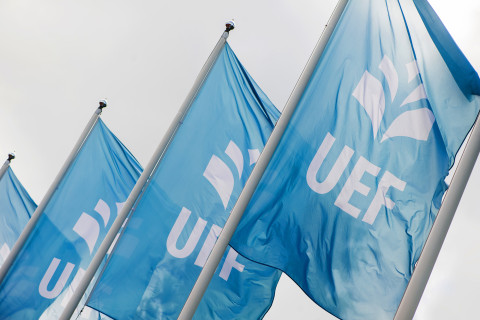September 21st of each year is World Alzheimer’s Day, when organisations all over the world focus on raising awareness of Alzheimer’s disease, the most common cause of dementia. This September the work of two UEF researchers was acknowledged in both Finland and Sweden.
Professor Miia Kivipelto from the University of Eastern Finland and Karolinska Institutet received the first gold medal awarded by the Alzheimer Society of Finland for her contributions to dementia prevention and patient care. The medal acknowledges her ground-breaking research into understanding the etiology and prevention of dementia and Alzheimer’s disease, as well as her work to increase patients’ well-being. The Alzheimer Society of Finland emphasised that Miia Kivipelto, besides her internationally outstanding research, has a remarkable ability as a medical doctor to meet patients as unique individuals and with empathy, and also to consider the needs of caregivers. As the principal investigator of the FINGER trial, Miia Kivipelto has taken great care to communicate the results in a clear and practical way, which has changed the attitude towards possibilities to reduce dementia risk and promote brain health.
“The award is a great honour for me and my team, and I am especially glad that it also recognises our attempts to increase awareness and implement the results. It will give extra motivation to continue this important work. Team work is the key!” Professor Kivipelto says.
Academy of Finland Research Fellow Alina Solomon was awarded a prize at an Alzheimer Day event organised by the Swedish Alzheimerfonden in Stockholm. The prize acknowledges her research on early identification of people who have an increased dementia risk, and who may benefit most from preventive interventions. During her lecture at Karolinska Institutet, Alina Solomon talked about the FINGER trial to prevent dementia through lifestyle changes, and the team’s current work to adapt and test the FINGER model worldwide.
“I was very happy to be part of this Alzheimer Day event in Stockholm, especially as many participants were people with Alzheimer’s and their family members. It’s very important for us as researchers to communicate directly with the people for whom we ultimately do all of our work. It was also important to transmit a positive message, that there are things we can do already now to address this difficult disease. The prize came as a great surprise, and I was very honoured that the work of our team was acknowledged on this special day”, Alina Solomon says.
